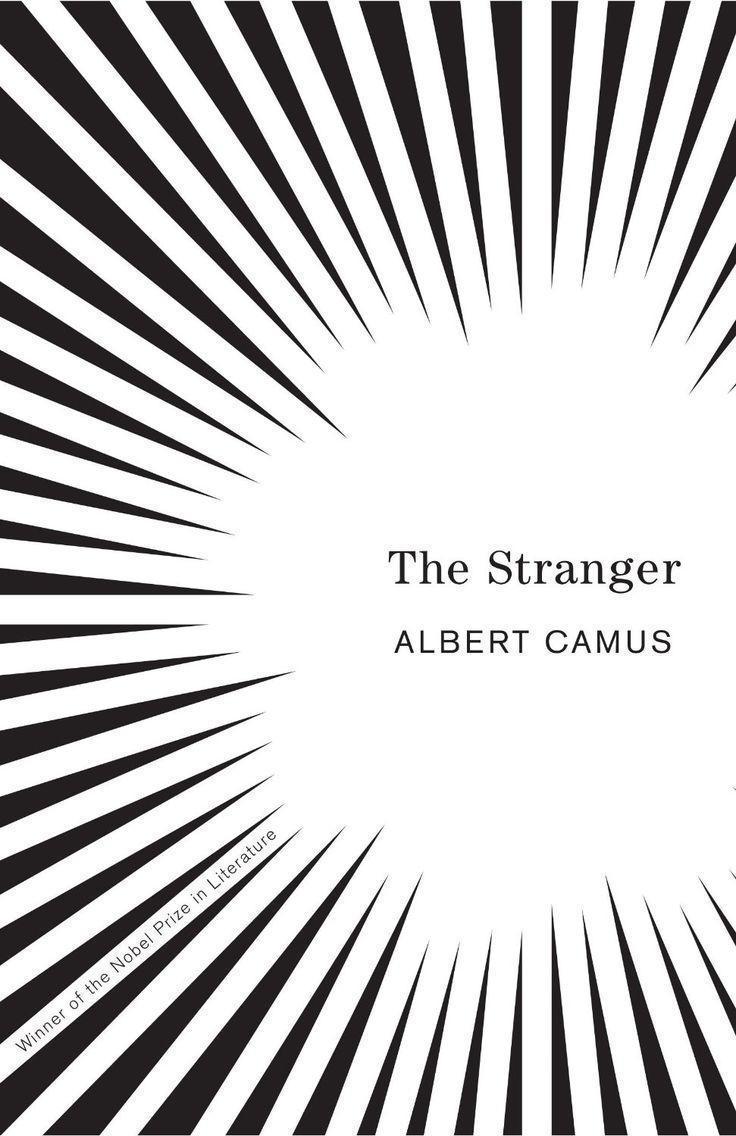Bird_p137 reviewed El extranjero by Albert Camus
La indiferencia del sol – Mi lectura de El extranjero de Albert Camus
5 stars
Leer El extranjero de Albert Camus fue, para mí, como mirar el mundo a través de un cristal helado: todo parece claro, pero nada calienta. Desde la primera frase —“Hoy ha muerto mamá”— sentí el tono seco, casi mecánico, con el que Meursault observa la vida. No hay en él dramatismo ni consuelo, solo una mirada desnuda que revela la extraña indiferencia del universo.
Meursault vive sin máscaras, sin fe, sin mentiras sociales. Lo que más me perturbó fue su sinceridad: su incapacidad de fingir emociones lo convierte en culpable ante una sociedad que exige apariencias antes que verdad. El asesinato del árabe bajo el sol ardiente no es un crimen pasional, sino un acto absurdo, casi involuntario. Mientras leía esa escena, sentí la opresión del calor, la cegadora luz que parece borrar toda lógica.
Durante el juicio, comprendí que Meursault no es juzgado por matar, sino por …
Leer El extranjero de Albert Camus fue, para mí, como mirar el mundo a través de un cristal helado: todo parece claro, pero nada calienta. Desde la primera frase —“Hoy ha muerto mamá”— sentí el tono seco, casi mecánico, con el que Meursault observa la vida. No hay en él dramatismo ni consuelo, solo una mirada desnuda que revela la extraña indiferencia del universo.
Meursault vive sin máscaras, sin fe, sin mentiras sociales. Lo que más me perturbó fue su sinceridad: su incapacidad de fingir emociones lo convierte en culpable ante una sociedad que exige apariencias antes que verdad. El asesinato del árabe bajo el sol ardiente no es un crimen pasional, sino un acto absurdo, casi involuntario. Mientras leía esa escena, sentí la opresión del calor, la cegadora luz que parece borrar toda lógica.
Durante el juicio, comprendí que Meursault no es juzgado por matar, sino por no llorar a su madre. Esa paradoja me impresionó: el sistema necesita sentido, incluso donde no lo hay.
Al cerrar el libro, me quedé en silencio. El extranjero me recordó que la existencia puede ser tan absurda como hermosa, y que aceptar ese absurdo —sin falsas esperanzas— es la forma más pura de libertad. Camus no ofrece consuelo, pero sí una lucidez que quema, como el sol del mediodía sobre una playa sin sombra.




